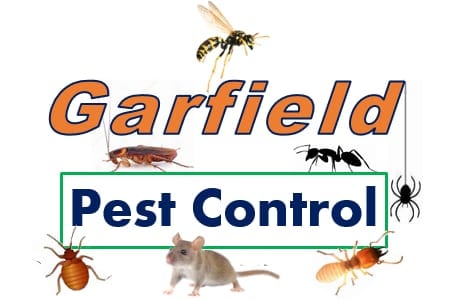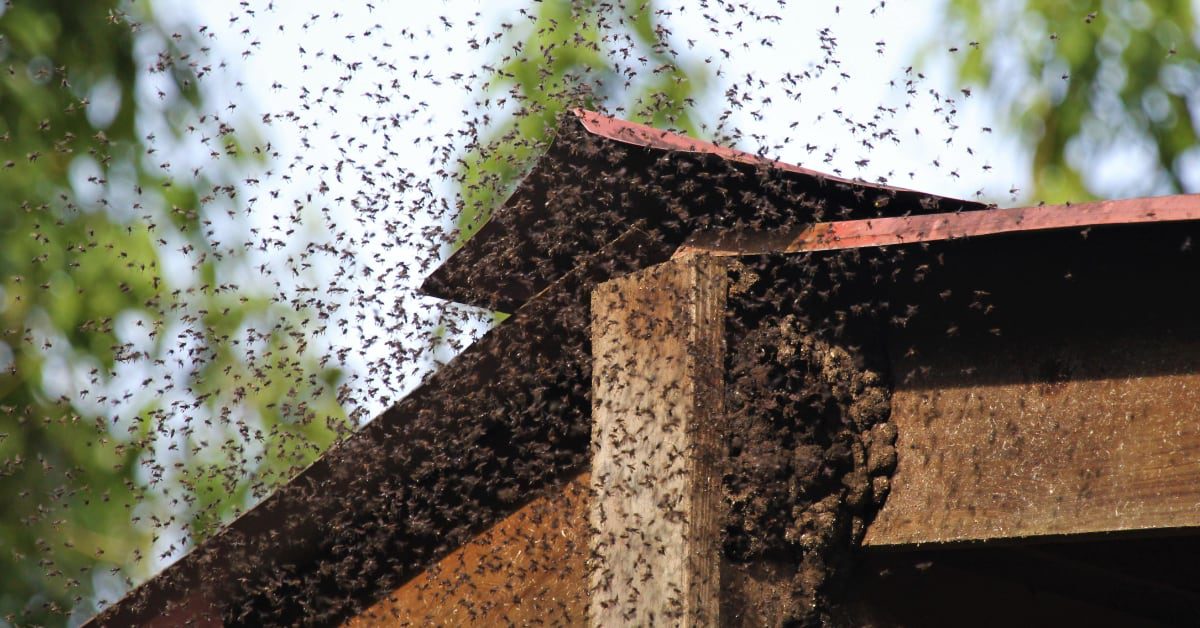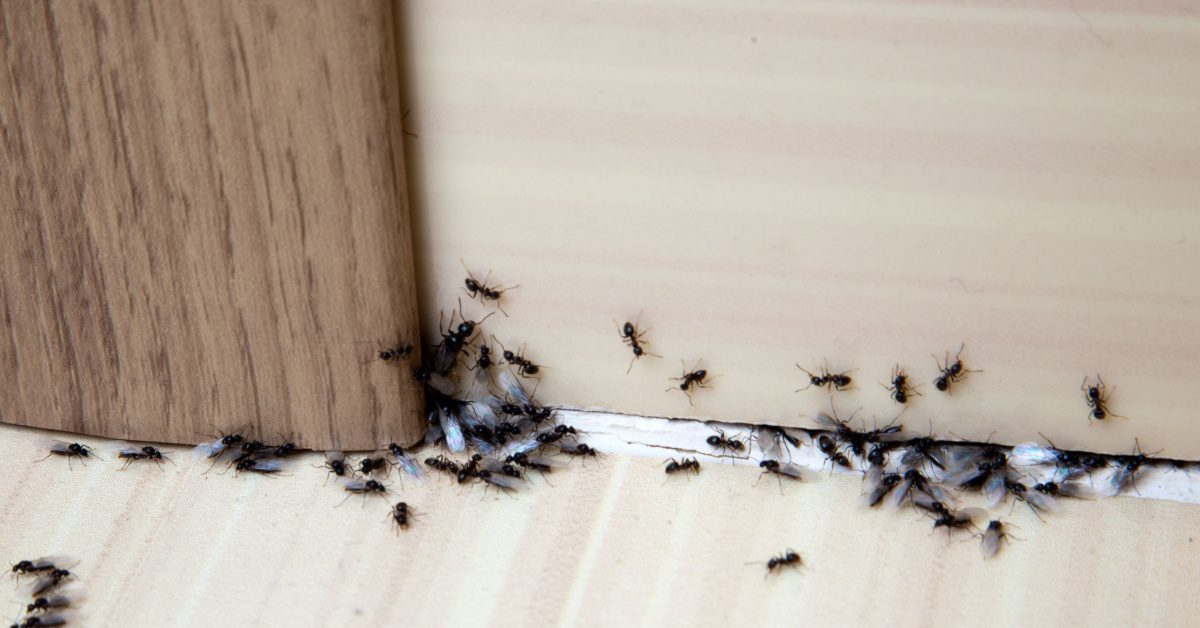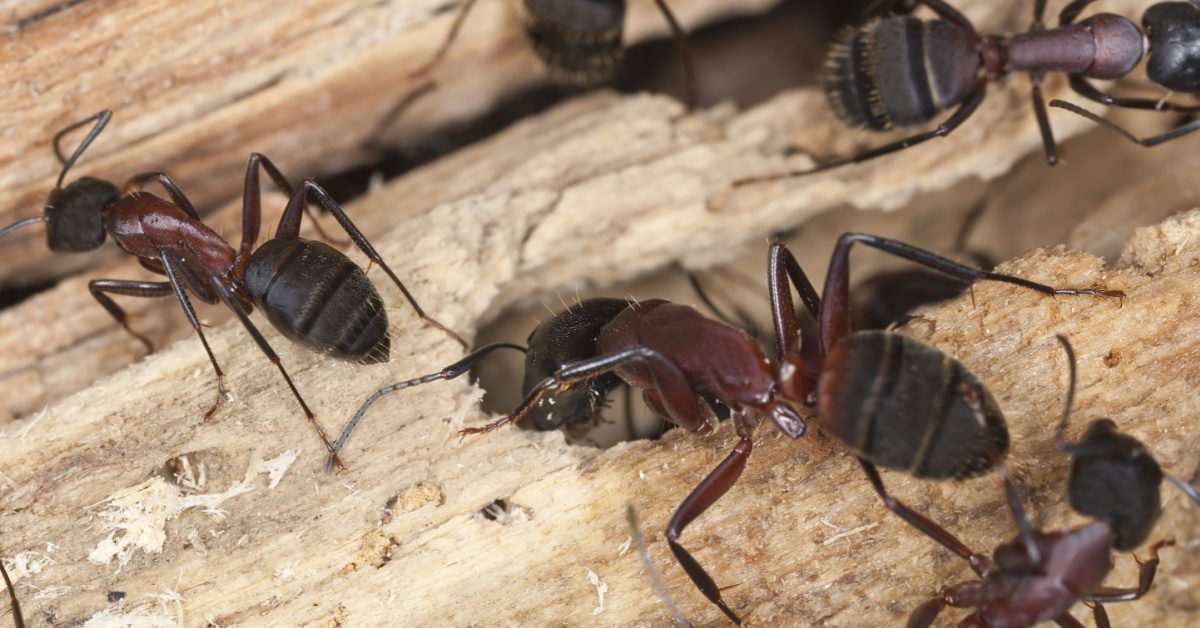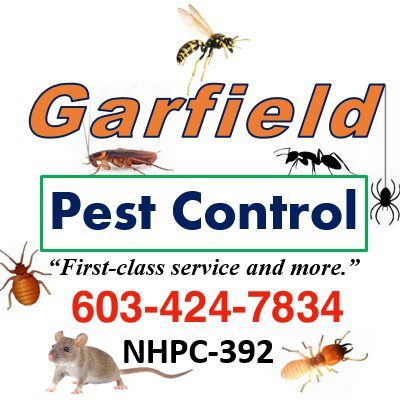New Hampshire’s diverse ecosystem provides a habitat for many insects, including bees, wasps, and hornets. While these insects play crucial roles in pollination and pest control, they can also threaten human health and safety. Therefore, understanding how to identify, prevent, and manage bee, wasp, and hornet infestations is essential for residents of New Hampshire.
This “How to Control Bees, Wasps & Hornets” guide will explore practical strategies for controlling these stinging insects in the Granite State.
Identification of Bees, Wasps, and Hornets
Before implementing control measures, it’s crucial to distinguish between bees, wasps, and hornets. While they share some similarities, each species possesses unique physical characteristics and behaviors:
Bees
Bees typically have round, fuzzy bodies and distinctive brown and yellow striped patterns. They are primarily docile and sting only when provoked. Common bee species in New Hampshire include honeybees and bumblebees.
Wasps
Unlike bees, wasps have slender bodies with a narrow waist and smooth skin. They often sport black and yellow striped patterns and exhibit aggressive behavior when disturbed. Paper wasps and yellow jackets are among the most prevalent wasp species in New Hampshire.
Hornets
Hornets are more significant than bees and wasps and feature a black-and-white striped pattern. Known for their aggressive defense of their nests, hornets substantially threaten humans. In New Hampshire, the European hornet is one of the most common species.
Preventative Measures To Control Bees, Wasps & Hornets
Proactive prevention is critical to mitigating the risk of bee, wasp, and hornet infestations on your property. Here are some practical measures to consider:
1. Seal Entry Points: Inspect your home’s exterior for cracks, gaps, and other potential entry points that insects could exploit. Seal these openings to prevent unwelcome intruders.
2. Proper Waste Management: Keep trash cans tightly sealed and positioned away from the main living areas of your property. Dispose of garbage regularly to deter foraging insects.
3. Maintain Clean Outdoor Spaces: Minimize food sources for bees, wasps, and hornets by cleaning outdoor eating areas thoroughly and promptly disposing of food scraps.
4. Clothing Choices: Opt for light-colored clothing with minimal floral patterns when spending time outdoors. Bright colors and floral prints can attract bees and wasps, increasing the likelihood of encounters.
5. Landscaping Practices: Keep your yard well-maintained and free of dense vegetation, as overgrowth provides ideal nesting sites for these insects.
6. Insect Repellents: Utilize insect-repellent candles, sprays, or plants to discourage bee, wasp, and hornet activity in outdoor areas. Remember to be careful when using toxic insect repellents.
7. Fragrance Awareness: Avoid using heavily scented perfumes, lotions, or hair products, which can attract bees, wasps, and hornets.
Safety Precautions When Removing Bee, Wasp, and Hornet Nests
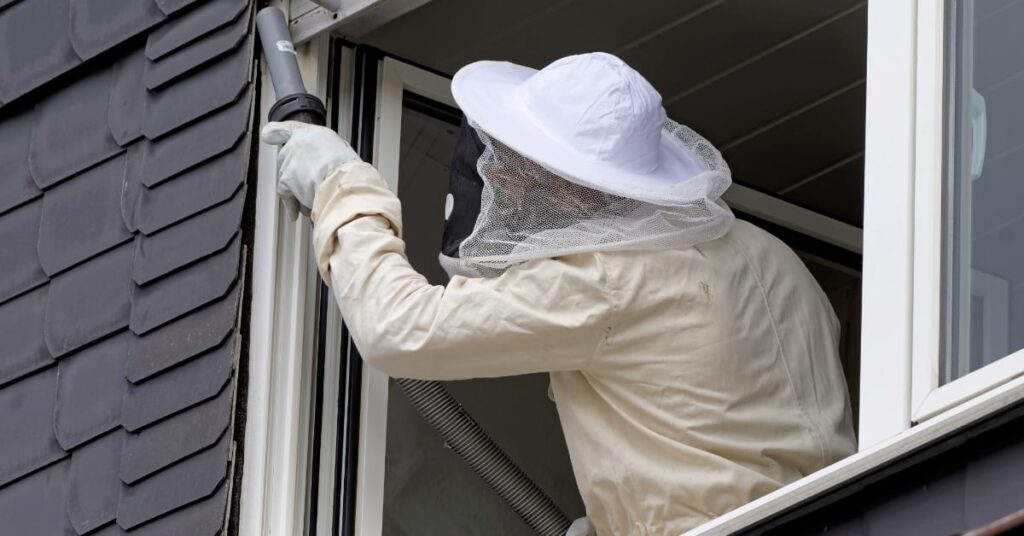
If you discover a nest on your property, prompt and safe removal is essential. Follow these steps for effective nest removal:
1. Protective Gear: Before approaching the nest, don protective clothing, including long sleeves, pants, gloves, and a face mask, to minimize the risk of stings.
2. Timing: Plan nest removal during dusk or early morning when insect activity is typically lower, reducing the likelihood of aggressive behavior. It is advised to contact a professional pest control company who will get the timing right, as the wrong time poses a severe danger.
3. Insecticide Application: Apply insecticide sprays or dust formulated for bee, wasp, and hornet control to the nest according to the product’s instructions. Ensure thorough coverage to eliminate all inhabitants. Be aware and careful when using toxic insecticide sprays, as they can harm people and pets.
4. Nest Removal: Once the insects have been effectively neutralized, carefully dislodge the nest using a broom or long stick. Exercise caution to avoid disturbing any remaining insects. Again, timing is crucial; this is when it is wise to call a professional.
5. Disposal Protocol: Place the nest and any deceased insects into a sealed plastic bag for disposal. Properly seal the bag to prevent reinfestation or accidental exposure.
6. Allergy Awareness: Individuals with known allergies to bee or wasp stings should exercise extreme caution or consider professional assistance to minimize risks.
Professional Pest Control Services to Control Bees, Wasps & Hornets
While DIY approaches can be adequate for minor infestations, severe or recurring bee, wasp, or hornet problems may necessitate professional intervention. Consider the following benefits of hiring a reputable pest control company like Garfield Pest Control:
1. Expertise and Experience: With decades of experience in the industry, professional pest control technicians have the knowledge and skills to address complex infestations effectively.
2. Safety Assurance: Professional companies prioritize safety, utilizing eco-friendly methods and protective gear to safeguard occupants and the environment during removal operations.
3. Guaranteed Results: Reputable pest control services typically offer guarantees on their work, providing clients with peace of mind and ensuring satisfaction with the outcome.
4. Timely Response: Professional pest control companies often offer expedited or emergency services, allowing for swift resolution of infestation issues.
5. Comprehensive Solutions: Besides bee, wasp, and hornet removal, professional pest control services may offer additional treatments for other common pests, ensuring comprehensive protection for your property.
By enlisting the services of a trusted provider like Garfield Pest Control, you can effectively address bee, wasp, and hornet infestations while prioritizing safety and peace of mind.
Safeguarding New Hampshire from Bee, Wasp, and Hornet Infestations
Knowing how to control bees, wasps and hornets in New Hampshire demand a proactive approach informed by awareness, prevention, and effective management strategies. By implementing preventative measures, safely removing nests, and, when necessary, enlisting professional assistance, residents can safeguard their homes and properties while preserving the ecological balance. Prioritize safety, adhere to best practices, and promptly address infestations to ensure a safe and comfortable living environment.
Contact Garfield Pest Control in New Hampshire today to schedule a consultation and learn more about their bee, wasp, and hornet removal services.
